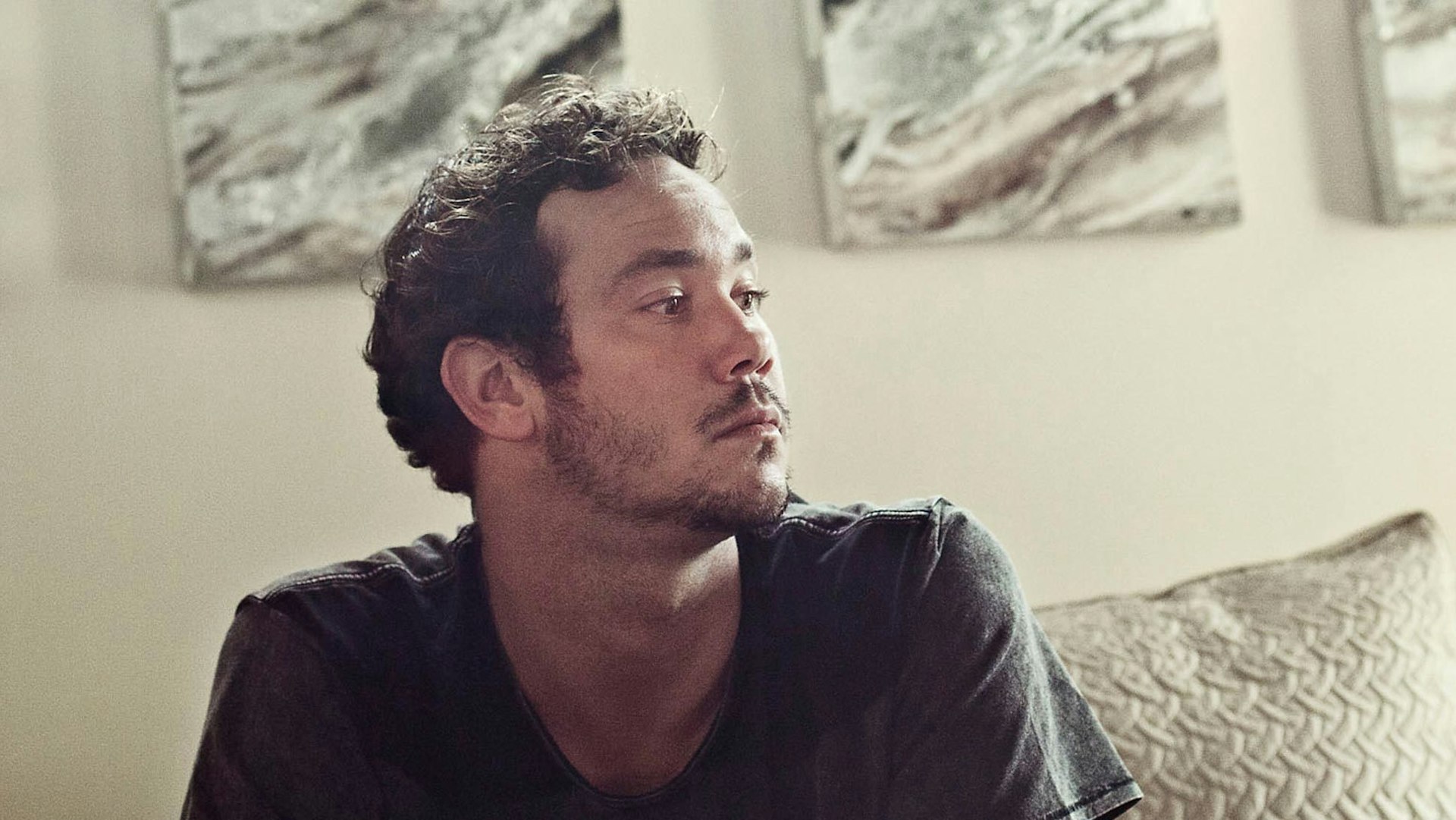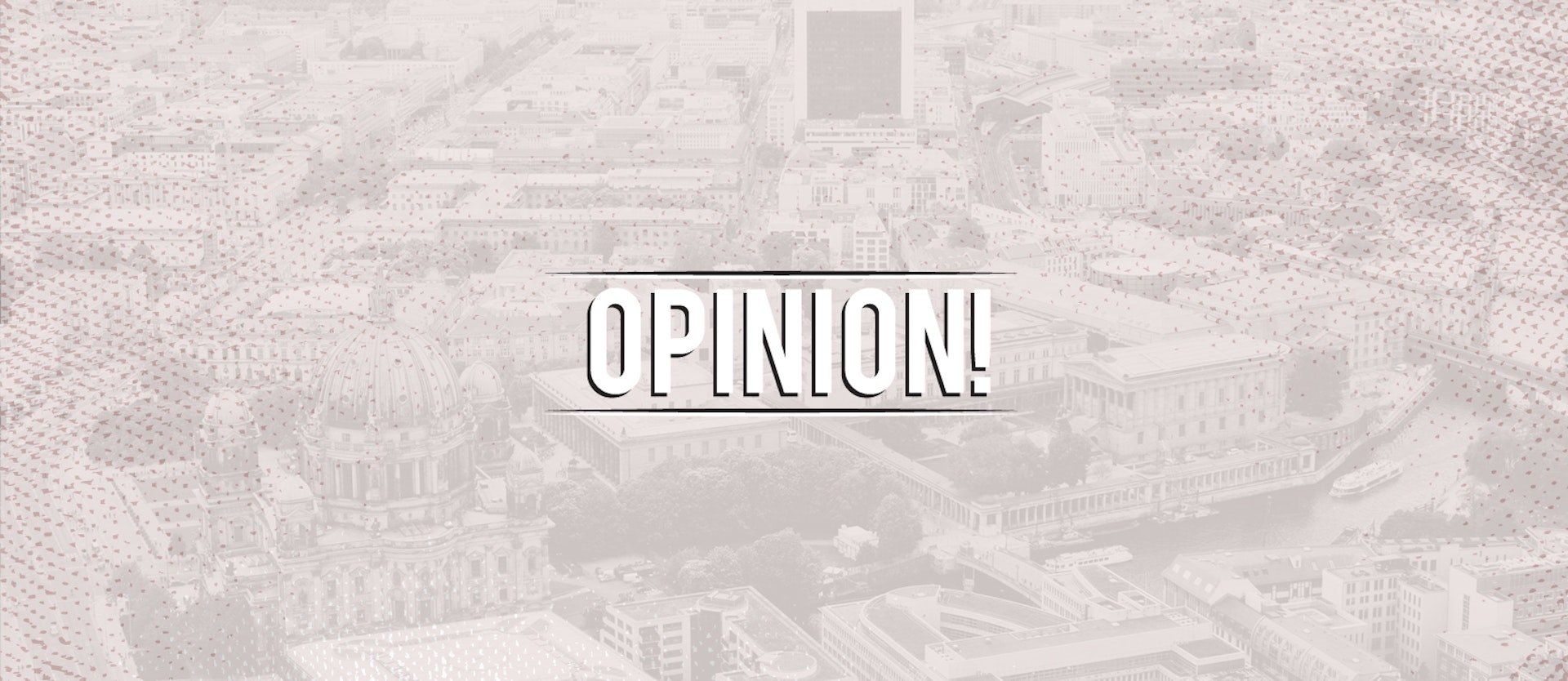
Jordy Smith
- Text by Craig Jarvis
- Photography by Charlie Shoemaker
In 1977 professional surfing was still in its infancy. There had only been one world champion (Australian Peter Townend) and the world remained largely unaware that such a professional sport existed. Surfing was for layabouts, for people who didn’t want to work. But by the end of that year the surfing world champion was a young South African called Shaun Tomson from Durban. The world was a different place back then and South Africa’s well-documented Apartheid laws didn’t make it that popular around the globe. But as a country, South Africa plodded along, not yet the recipient of embargoes and pariah status with the United Nations – that was still to come. Shaun Tomson proudly wore the South African label whenever he was interviewed for magazines, appeared on television or walked the streets. He even wore green and gold boardshorts, the colour of the Springbok strip.
Then the world woke up to the atrocities and human rights violations and South Africa’s athletes felt the blow. VISA’s weren’t granted, and top sportsmen found themselves barred; careers were finished done, so long as the racist National Party government refused to accept a democracy of any sort. Martin Potter had to relocate to Australia where he was awarded Australian citizenship before winning the world title in 1989. Similarly, Wendy Botha had to denounce her South African citizenship, and went on to win four world titles on an Australian passport.
But today surfing has a new world title contender, and he has grown up in the New South Africa – a country that has seen a constant stream of people leaving, never to return, scared of the violence and crime. But it’s also a country that espouses democracy. Jordy Smith was born on 11 February 1988. Two years later to the day, on Jordy’s second birthday, Nelson Mandela was released from prison.
Jordy grew up in what he likes to call “an average neighbourhood” in Durban. “There was a time when my dad’s business, making surfboards, went through a really bad patch due to some bad deals, and we had to live entirely off mom’s salary [as a teacher], which wasn’t much,” he explains. There are four in the Smith family: dad Graeme, mum Luellen, sister Casey and Jordy. According to Luellen, Jordy’s upbringing was strict. “Jordy used to take time off school,” she remembers, “but he always tried to catch up. He worked at night, he did what needed to be done to get back to speed.”
When it comes to surfing, Jordy credits his dad as having the biggest influence, both in his formative years and still to this day. “Family is everything,” he says. “I owe my family everything, and my dad was the one who got me into surfing.” Graeme – or Gee Force as he is known to family and friends – says that Jordy’s natural inclinations showed from a young age. “He had a skateboard when he was three years old,” he remembers with a chuckle. “He took that skateboard with him wherever he went.”
It was in 2007 that Jordy emerged as a serious contender, during a heat against the crazy-determined Neco Padaratz at the Quiksilver Pro in Durban. Jordy was in a combo situation when he caught a good wave at his home break, did a quick pump off the bottom before boosting into possibly the biggest, highest aerial that the surfing world had ever seen. He landed in the flats, and proceeded to smash the wave to pieces in front of a raucous crowd to score a ten-point ride. He found momentum, paddled out and tried the same thing again, this time scoring a good nine points or so and winning the heat. It was the turning point in his career. He had found his niche. And with that, Jordy Smith emerged as one of the best aerial surfers in the world.
To meet Jordy today is to meet a very disciplined person, a fierce competitor and a man who seems to appreciate everything he’s got. He is dating the model Lyndall Jarvis, and whenever he gets asked about his life and his headspace he quickly uses words like ‘thankful’, ‘grateful’ and ‘happy’. Ask him if there’s anything negative about his life and he’ll reply, “Nothing. There is nothing that is not good in my life right now.”
As for that tricky thing called national pride? When Jordy wins a contest, it’s always ’for South Africa’ or ‘for friends back home’. If applicable, a South African flag often appears as the cameras zoom in on the twenty-four-year-old. So while some surfers may shy away from their national identity, Jordy has grown up wearing his pride on his sleeve.
Unlike a lot of surfers in your position, you don’t come from a privileged background, do you…?
We had no money. My parents made a few business decisions that went a bit sour on them, and a few people burned them in business, and times were often tough. We had no food at times, and we used to chow down on cereal.
Do you think that this might have pushed you to where you are today?
You know, I’m not sure. Yes and no. When you’re younger you don’t really have the mindset of, like, ‘I’ve got to succeed to make money for food,’ as such. I think it’s more just a totally competitive streak.
Combined with natural talent…?
There is that as well, but it’s more of a combination.
You and your family have been burgled a number of times. I recall your dad’s surfboard factory was broken into recently. Despite the crime, you haven’t relocated to California or Sydney, or Auckland, for that matter, like so many thousands of South Africans before you…
I’m proud to be a South African and I’m not afraid to live here. We might have some of the highest crime stats in the world, but crime can literally hit you anywhere in the world. My family and I aren’t stupid with regard to crime and safety either. We don’t go to the wrong places, we have security at our house, and we subscribe to a Crime Watch agency. I travel around the world a lot, and we’re not relocating anywhere just yet. When I win an event, I win for South Africa.
What is the one thing about your South African identity that you will always hang on to?
My South African accent.
So you’re not going to get all nasally twang on us and start saying ‘yeah’ a lot?
Nooit! If I haven’t done it by now I’m not going to do it. My accent is me. We also throw a braai wherever we are in the world. Light a fire and cook a whole bunch of meat on it.
When you walk around your neighbourhood, everyone knows you as the best surfer in South Africa, and a possible contender for the world title, which would make you the best in the world. How does that affect you as a person?
It doesn’t. It hasn’t changed the way I feel about myself. All it has done is make me feel very lucky and privileged to be able to do what I do. I see my mates and they struggle to get out of bed and head out for their nine-to-five jobs while I get to hang out a bit and then go surfing. Seriously, how lucky am I?
You and your sponsor, O’Neill, are working with the Umthombo Street Children foundation to sponsor local kids and make sure they have some kit to go surfing. How’s that going?
It totally stokes me out to be able to give something back to those kids. It seems to be working well. Whenever I’m in Durban they all come surfing with me, they hassle me and take all my waves. Maybe it’s working too well [laughs]. They’re pretty amped now that they have some gear to go surfing in.
You also have a reputation for picking up the tab and buying things for your mates. Do you believe it’s important that people share what they have?
I know I do that, but at the time I don’t really think about it. It’s nice to share my good fortune with my friends. Sometimes I do need to pull back a bit, but on the whole I dig to share what I have. Sharing’s good.
What are your wider interests? And have you ever wondered what you’re going to do when professional surfing comes to an end?
I enjoy soccer, kicking a ball around, but I haven’t considered what I might do later on in life. I still have a long career ahead of me and I’m not too worried about anything else just yet. Maybe I’ll open up a restaurant. That could be pretty cool.
When you’re away from surfing, away from the world that recognises you as one of the best, is there a different Jordy Smith that emerges?
I honestly don’t think I change at all. It’s the same old me. Sometimes I get involved in a bit of people watching and checking out people who are outside of the surfing world, which I find pretty interesting, but nothing changes with me.
